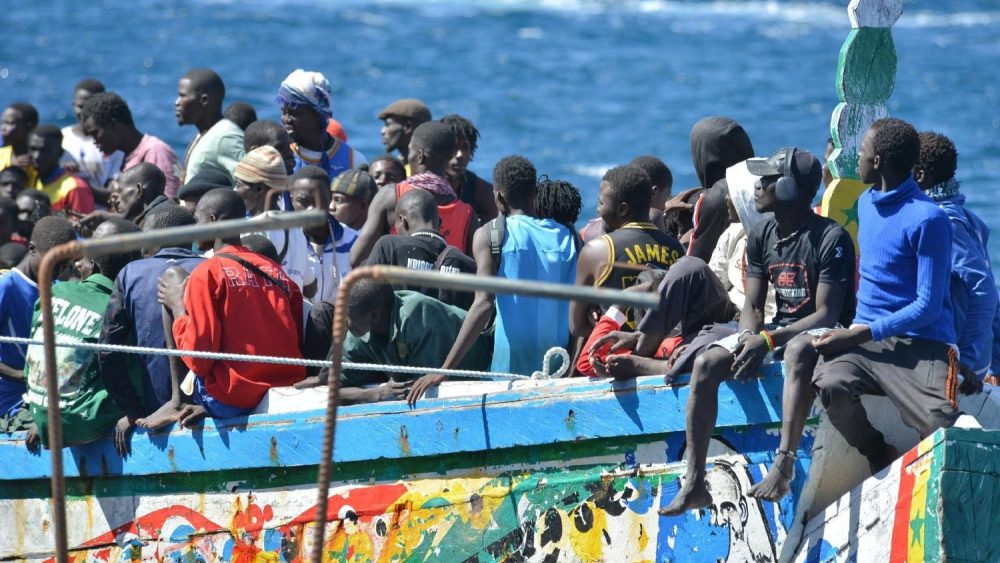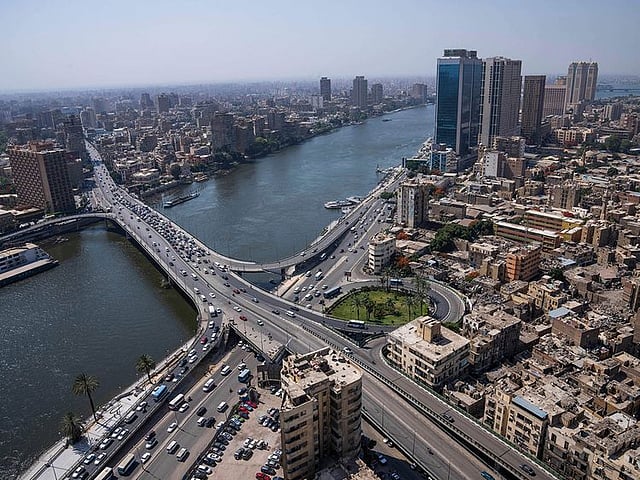AfrikanTrust
In recent weeks, Mauritania has been experiencing an alarming rise in the cost of basic commodities, particularly in its capital, Nouakchott. Markets are emptier than usual. Fish is harder to find. Vegetables cost significantly more. While inflation is not new in this Sahelian economy, analysts and local vendors are pointing to a more immediate and politically charged trigger: the mass expulsion of sub-Saharan African migrant workers from the country.
This isn’t the first time the Mauritanian government has carried out sweeping deportations. But what makes this episode different, and why now? The answers lie in a murky tangle of immigration politics, economic miscalculations, and social pressure—with consequences that could ricochet across Mauritania’s fragile economy.
What Happened? Over the past two months, Mauritania has intensified crackdowns on undocumented migrant workers, primarily from West and Central Africa. Thousands have been arrested, detained, and deported, often with minimal legal process. The government claims the move is in line with enforcing national immigration laws and maintaining internal security.
However, critics say the expulsions are less about legality and more about scapegoating migrants for Mauritania’s economic woes—especially in the lead-up to this year’s presidential elections. The ruling establishment appears eager to assert control amid public frustration over unemployment, rising prices, and urban overcrowding.
But in trying to address these pressures by ejecting migrants, the government may have undermined the very sectors that keep Nouakchott’s economy alive.
When Supply Chains Collapse. In Nouakchott, the economic impact is already evident. Many of the expelled migrants worked in low-skilled, high-impact jobs: unloading trucks, cleaning fish, working farms, running informal transport services, and staffing markets. These are jobs most locals either cannot or will not take, and the absence of this labor force is creating bottlenecks at every point of the supply chain.
Fishmongers in the busy Port de Pêche area say daily catches are piling up unprocessed because the people who cleaned, sorted, and sold the fish have vanished. Vegetable supplies are slowing because agricultural fields outside Nouakchott no longer have enough hands to harvest and transport produce.
The effect is spiraling. Basic food prices—already vulnerable due to climate shocks and high import costs—are rising by 20% to 30% in some cases. Local vendors say business has dropped because customers can’t afford the new prices, and informal sector productivity has dipped, dragging economic output down with it.
Not the First Time, A Pattern of Repeating Mistakes. Mauritania has a long and uneasy history with migrant workers. This isn’t the first mass expulsion. In the early 2010s and again in 2018, the government carried out similar deportations under the same pretexts—security, law enforcement, and economic regulation.
But the pattern has always ended the same way: new migrants return within months, driven by war, climate displacement, or lack of opportunity in their home countries. The demand for cheap labor in Mauritania’s urban centers—especially Nouakchott and Nouadhibou—means that even when the government deports workers, employers quietly rehire new arrivals soon after.
So what makes the government think this round of expulsions will be different?
Observers believe this time it’s politically calculated. With elections looming, the government is eager to appear strong and responsive to citizens’ frustrations. But without a coherent migration or labor policy, the real issues remain unaddressed—from the chronic dependency on informal labor to the lack of investment in domestic job creation.
For many of the expelled workers, Mauritania was not just a destination—it was a stepping stone. Situated along a key route for migrants heading toward Europe, Mauritania is both a transit and host country. Many of those deported are now stuck in limbo, unable to return home due to violence, economic collapse, or political persecution.
Moreover, this crackdown sends a troubling message to international humanitarian organizations and foreign investors, both of whom are growing wary of Mauritania’s shifting political climate. If economic decisions continue to be driven by populism over pragmatism, the country risks losing vital diplomatic and financial support—especially from the European Union, which has partnered with Mauritania to manage migration flows.
Unless the Mauritanian government takes a hard look at its labor policies and economic structures, the latest expulsions will do little to improve the long-term picture. The migrants may return. Prices may continue to rise. And the country’s urban economy—dependent on informal workers—may struggle to recover without systemic reform.
The solution lies not in border purges, but in building a coherent national employment strategy, investing in skills training, and formalizing labor markets to ensure rights and responsibilities for both nationals and migrants.
The irony is that in trying to solve an economic problem, Mauritania may have only made it worse. And if history is any guide, the deportations won’t last—but the consequences might.




